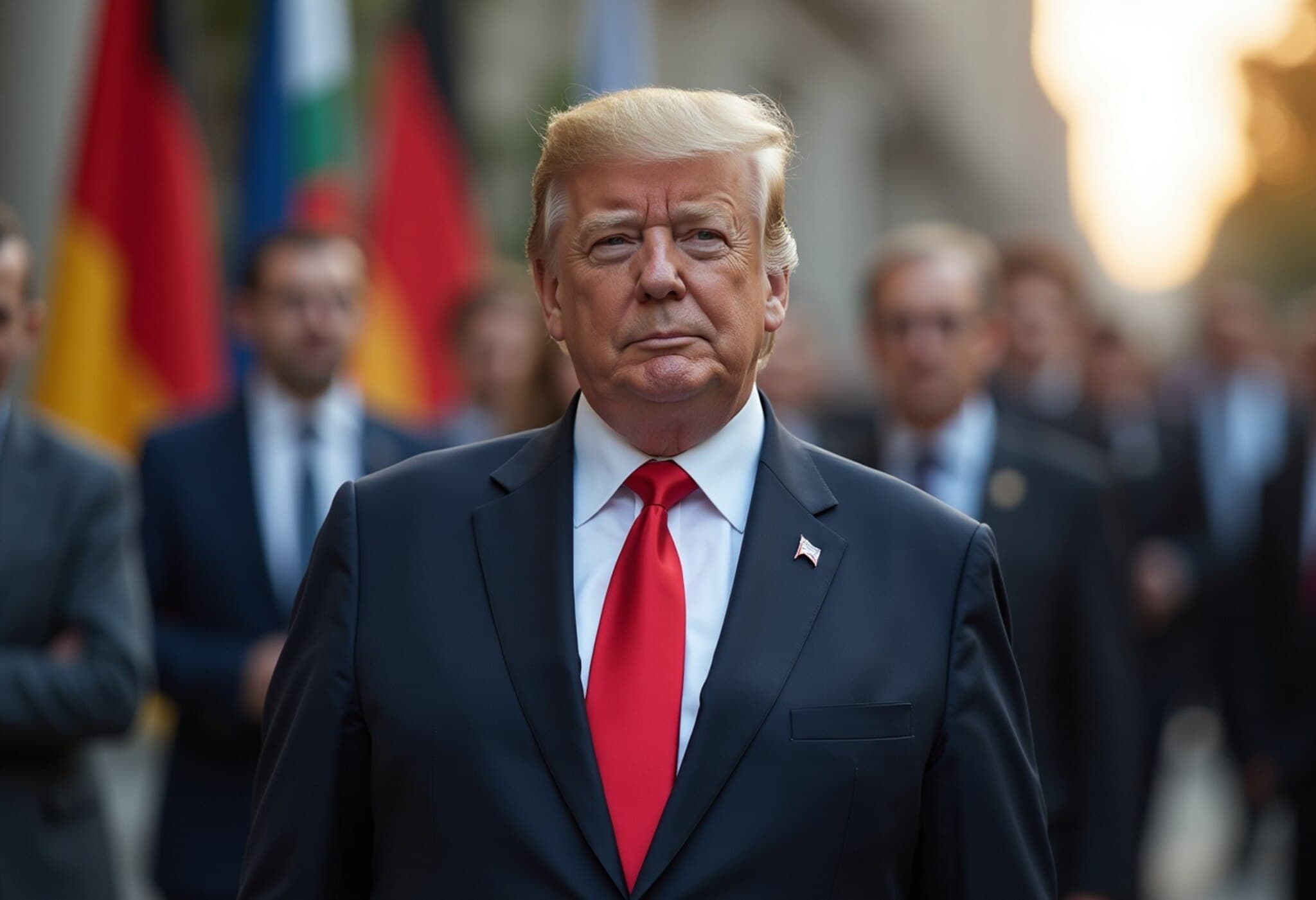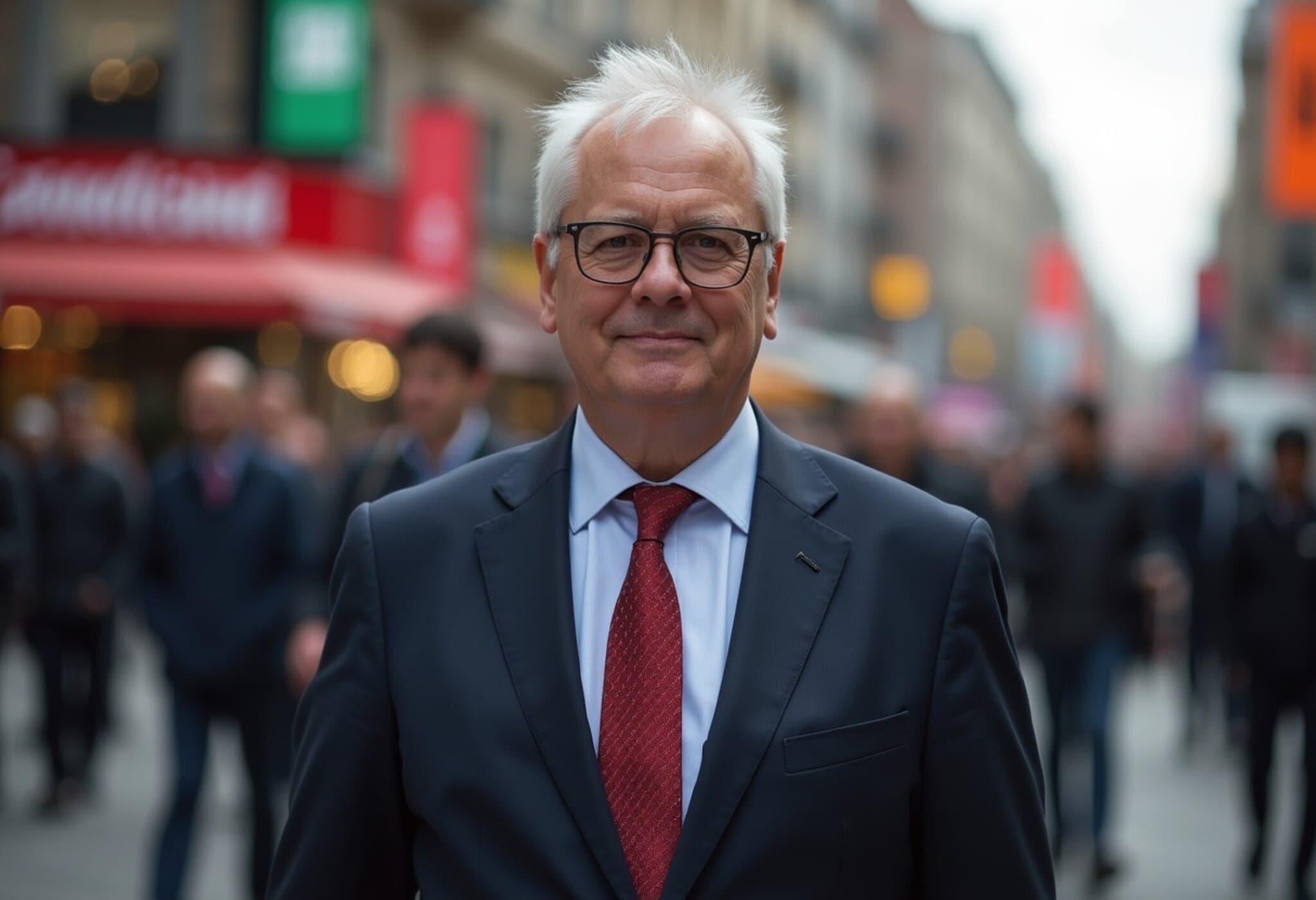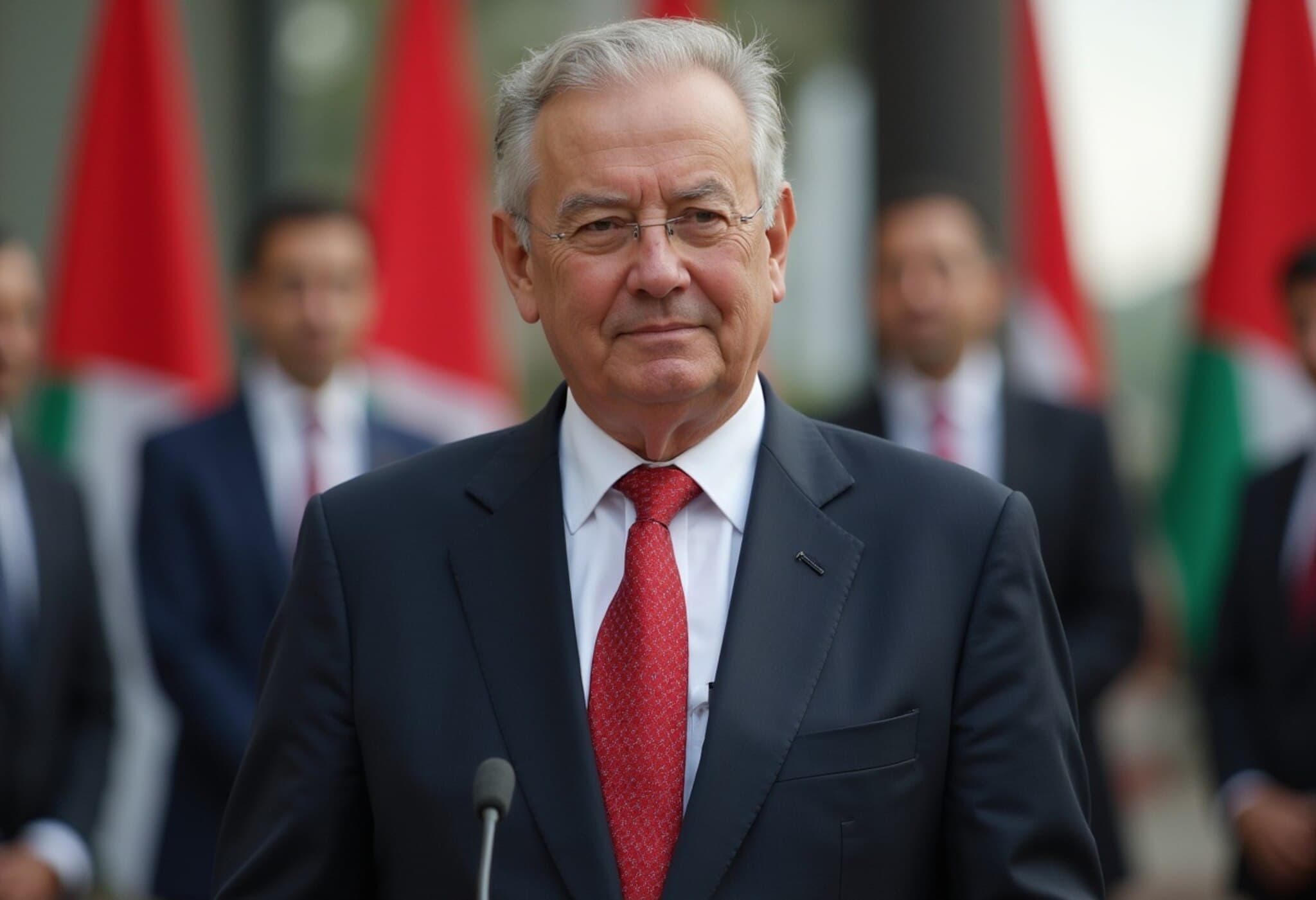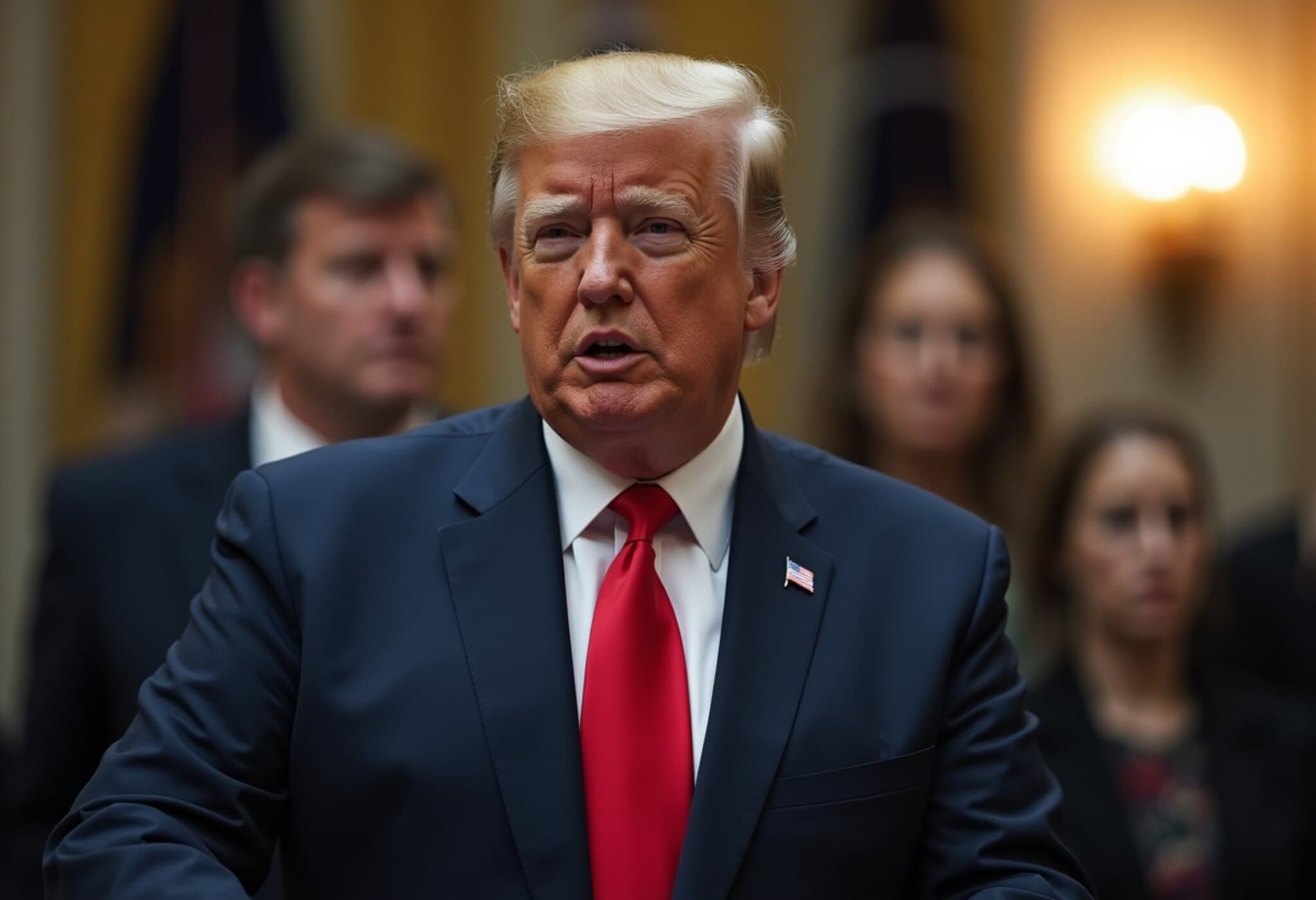Germany Reaffirms Israel's Security as France Plans Palestinian State Recognition
In a pivotal moment for Middle East diplomacy, Germany has made clear that it has no short-term plans to recognize a Palestinian state, emphasizing the paramount importance of Israel’s security and advocating for a comprehensive peace process. This declaration follows closely on the heels of French President Emmanuel Macron’s announcement that France intends to formally recognize the Palestinian state during the upcoming United Nations assembly in September 2025.
Germany Calls for a Measured Approach to Peace
Stefan Kornelius, spokesperson for the German government, clarified the country's stance: “The recognition of a Palestinian state is regarded by our government as one of the final steps on the path toward achieving a two-state solution.”
Germany’s cautious approach reflects its deep historical connection and unequivocal support for Israel’s security interests. Since the devastation of the Holocaust, Germany has been a steadfast ally of Israel, balancing support for Israeli defense actions with calls for humanitarian consideration.
The French Initiative and Israel’s Reaction
President Macron’s announcement triggered significant diplomatic ripples. Israel reacted strongly against France’s planned recognition of Palestine, perceiving it as a potential obstacle to ongoing peace negotiations and regional stability.
France’s move is also seen as rooted in growing international worries over the humanitarian crisis engulfing Gaza, where devastating conflict has left over two million Palestinians facing dire shortages of food and medical supplies. The war between Israel and Hamas, ignited by Hamas’s October 7, 2023, attacks, has intensified this crisis and drawn global calls for urgent action.
Germany’s Position on the Gaza Conflict and Humanitarian Crisis
While Germany has been supportive of Israel’s right to self-defense, it has been vocal about the need to address the catastrophic humanitarian situation in Gaza. Notably, Germany refrained from signing a recent joint statement by 28 Western countries demanding an immediate end to the Gaza war, citing the complexity of the conflict and the need for a balanced approach.
Instead, Berlin laid out four urgent priorities to guide peace efforts:
- Immediate ceasefire in Gaza to halt ongoing violence.
- Release of all hostages held by Hamas.
- Significant improvement to the humanitarian situation in Gaza.
- Prevention of any further annexation efforts in the West Bank.
Germany also highlighted the necessity of a long-term political framework to transform any temporary ceasefire into a sustainable peace agreement. The German government emphasized its ongoing dialogue with Israeli officials and international partners, signaling readiness to increase diplomatic pressure if progress stalls.
Upcoming Diplomatic Discussions
German Chancellor Friedrich Merz plans to discuss the Gaza crisis with President Macron and UK Prime Minister Keir Starmer in an upcoming phone call. This trilateral discussion underscores the urgency with which key Western powers are approaching the volatile situation in the Middle East.
Expert Analysis: Balancing Security and Humanity
Germany’s stance reflects the delicate balancing act faced by Western democracies engaged in Middle Eastern affairs. Israel’s security concerns remain a non-negotiable priority for Berlin, rooted in decades of historical responsibility and strategic alliance. However, the rising humanitarian toll in Gaza pressures policymakers to advocate for swift conflict resolution and sustained humanitarian relief.
French President Macron’s decision to move ahead with recognizing Palestine signals a shifting dynamic within the EU, where frustrations over stalled peace talks and ongoing civilian suffering fuel calls for renewed diplomatic landmarks. This divergence among key European players raises critical questions:
- Can unilateral recognitions advance or impede the broader peace process?
- How will Israel respond diplomatically and politically to France’s approach?
- What role will Germany play in mediating these complex international positions moving forward?
These questions underline the complexity of the Israeli-Palestinian conflict — where every diplomatic move reverberates far beyond immediate borders, shaping regional stability and international relations for years to come.
Looking Ahead: The Path to Lasting Peace Remains Challenging
Germany’s insistence that recognition of Palestinian statehood be part of a “final step” underscores the widespread recognition that only through comprehensive, negotiated solutions can the cycle of violence and instability be broken. As international actors jockey for influence and strategy, the imperative to safeguard human lives and deliver sustainable political solutions remains the ultimate test.
Editor’s Note
Germany’s cautious stance amid France’s bold move to recognize Palestine highlights the complex intersection of history, diplomacy, and humanitarian urgency shaping today’s Middle East crisis. While security concerns dominate the discourse, the voices of civilians caught in the conflict demand equal attention. Readers are encouraged to consider how European geopolitics may influence peace prospects and what role global leadership must play in fostering resilient solutions to this long-standing conflict.



















